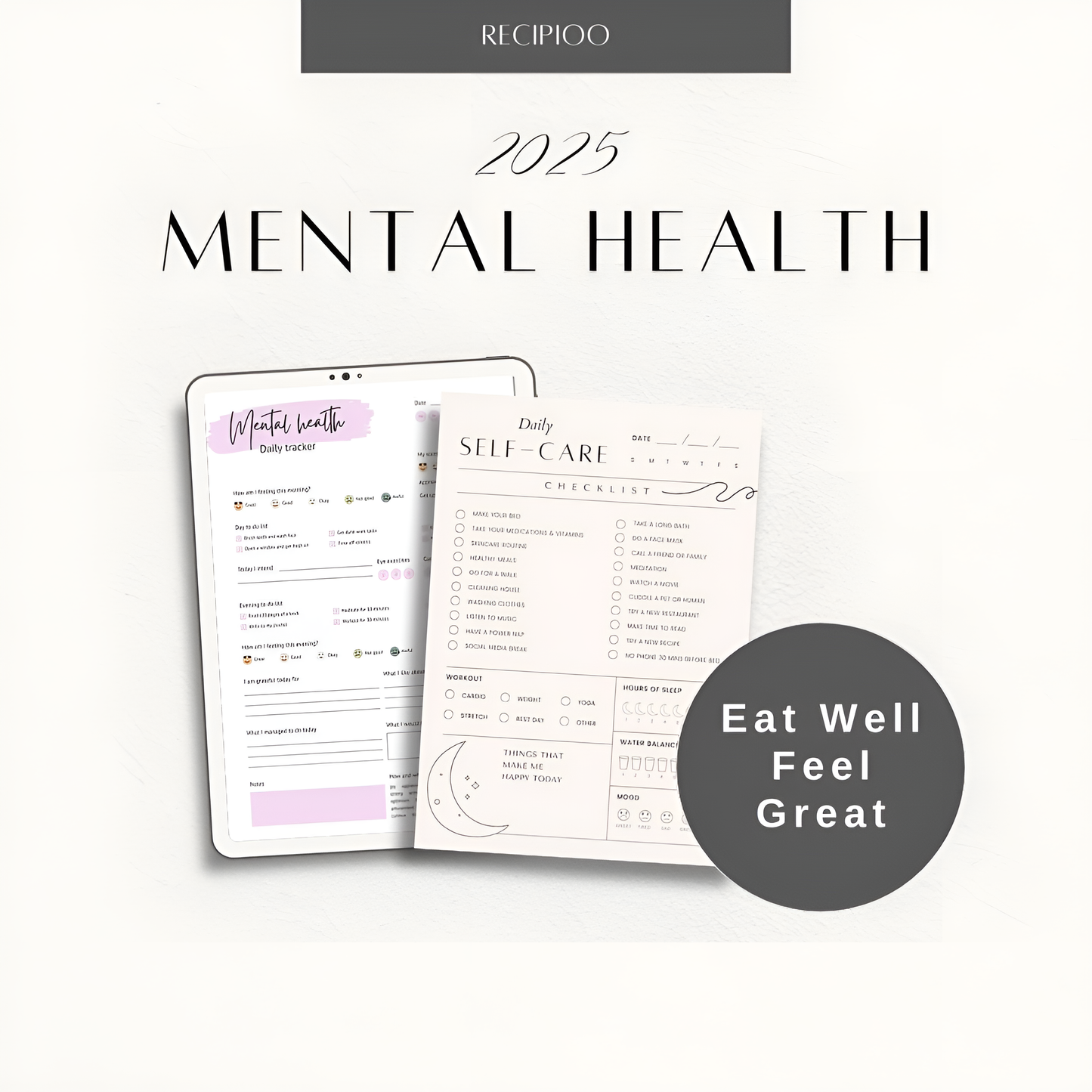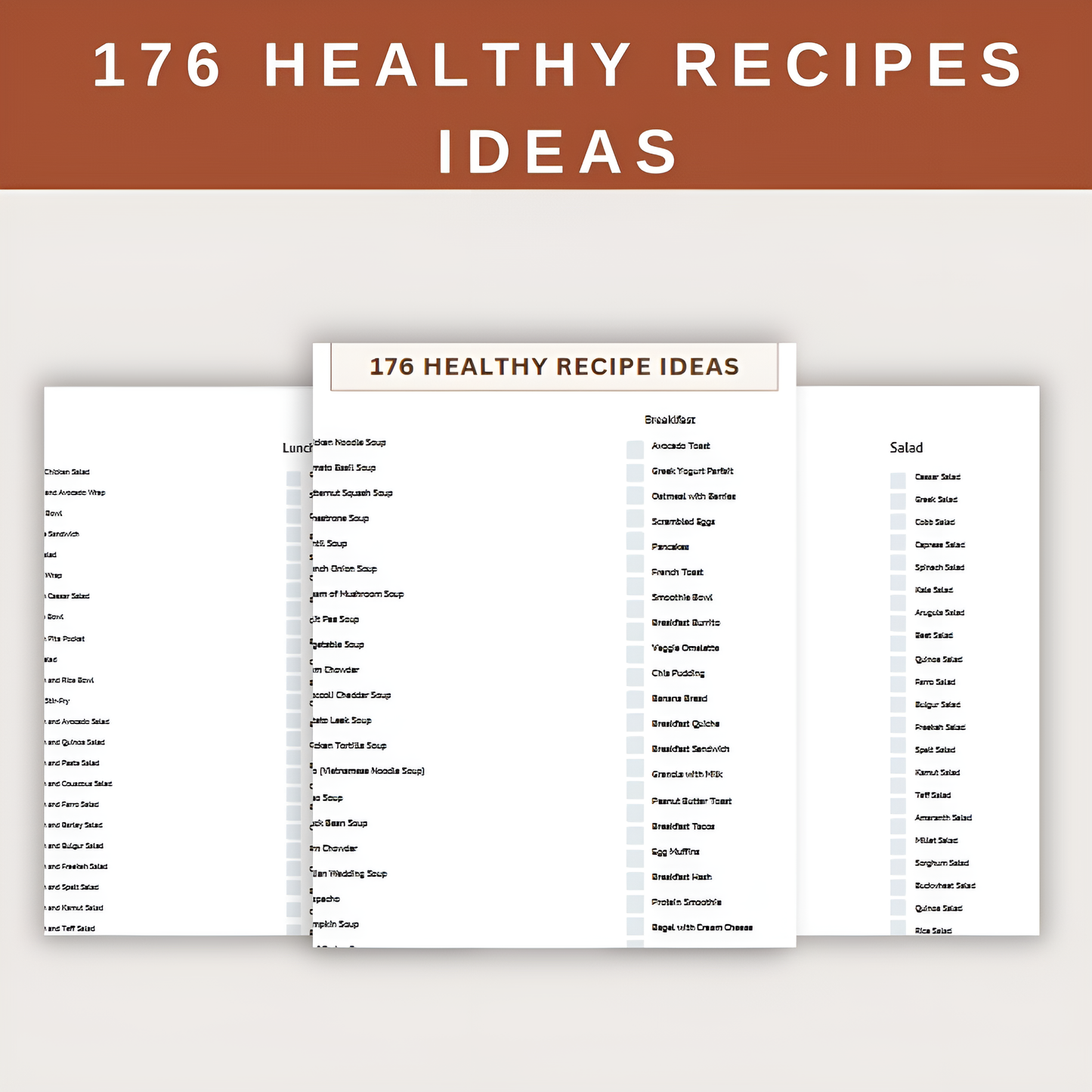
Nutritional Information Beets: Calories, Benefits, and Why You Should Eat Them
Share

Beets are more than just a vibrant addition to your plate—they’re a nutritional powerhouse. Whether you’re a health enthusiast or simply looking to make better food choices, understanding the nutritional value of beets can help you maximize their benefits. Packed with essential vitamins, minerals, and antioxidants, beets support everything from heart health to athletic performance. By learning about their calorie content, macronutrients, and micronutrients, you can make informed decisions about how to incorporate them into your diet. Let’s break it all down!

Nutritional Profile of Beets
Overview of the Macronutrients and Micronutrients in Beets
Beets are a low-calorie, nutrient-dense vegetable that offers a balanced mix of macronutrients (carbs, protein, and fats) and micronutrients (vitamins and minerals). They’re particularly rich in fiber, nitrates, and antioxidants, making them a versatile and healthy choice for any meal. If you’re curious about the nutritional value of other vegetables, check out our detailed breakdown of tomato nutrition calories or zucchini squash nutrition.
Detailed Breakdown of Key Nutrients :
Calories (Per 100g or Per Serving)
A 100-gram serving of raw beets contains just 43 calories, making them an excellent option for anyone watching their calorie intake. Whether you’re adding them to a salad or enjoying them as a side dish, beets provide plenty of nutrients without packing on the calories.
Carbohydrates (Including Fiber and Sugar Content)
Beets are relatively high in carbohydrates, with about 10 grams per 100 grams. What makes them stand out is their high fiber content—2.8 grams per serving—which aids digestion and keeps you feeling full. They also contain 7 grams of natural sugars, giving them a sweet flavor without spiking your blood sugar levels.
Protein
While beets aren’t a primary source of protein, they still provide 1.6 grams per 100 grams. This makes them a decent plant-based protein option, especially when paired with other protein-rich foods like quinoa or nuts.
Fats (Minimal, Mostly Healthy Fats)
Beets are virtually fat-free, with only 0.2 grams of fat per 100 grams. The small amount of fat they do contain is mostly unsaturated, which is beneficial for heart health.
Vitamins
- Vitamin C: With 4.9 mg per 100 grams, beets boost your immune system and promote healthy skin.
- Vitamin B9 (Folate): Essential for cell growth and development, beets provide 109 mcg per 100 grams.
- Vitamin A: Supporting vision and immune function, beets contain 33 IU per 100 grams.
Minerals
- Iron: At 0.8 mg per 100 grams, beets help transport oxygen in your blood.
- Magnesium: With 23 mg per 100 grams, they support muscle and nerve function.
- Potassium: Providing 325 mg per 100 grams, beets help regulate blood pressure.
- Manganese: At 0.3 mg per 100 grams, they support bone health and metabolism.
Comparison of Raw vs. Cooked Beets (Nutritional Differences)
The way you prepare beets can impact their nutritional value. Here’s a quick comparison:
- Raw Beets: Retain all their nutrients but may be harder to digest for some people.
- Cooked Beets: Boiling or roasting can reduce certain nutrients like Vitamin C but enhances the availability of others, such as antioxidants. For example, roasting beets preserves more nutrients compared to boiling, which can cause some vitamins to leach into the water.
Health Benefits of Beets
Rich in Antioxidants
Beets are loaded with antioxidants like betalains, which give them their vibrant red color and help combat oxidative stress in your body. Oxidative stress occurs when free radicals outnumber antioxidants, leading to cell damage and increasing your risk of chronic diseases like heart disease and cancer. By including beets in your diet, you can boost your antioxidant intake, reduce inflammation, and protect your cells from damage. Learn more about the nutritional benefits of strawberries or walnut nutrition value for other antioxidant-packed foods.
Supports Heart Health
The combination of nitrates, potassium, and fiber in beets makes them a heart-healthy choice. Nitrates help improve blood flow and lower blood pressure, while potassium regulates blood pressure by counteracting the effects of sodium. Additionally, the fiber in beets helps lower bad cholesterol (LDL) levels, further supporting cardiovascular health. Regularly consuming beets can reduce your risk of heart disease and stroke.
Boosts Brain Health
The nitrates in beets can improve blood flow to the brain, enhancing cognitive function and reducing the risk of age-related cognitive decline. Studies suggest that regular consumption of beets may improve memory, focus, and overall brain health. This makes beets a great addition to your diet if you’re looking to keep your mind sharp as you age.
Aids in Digestion
Beets are an excellent source of dietary fiber, with about 2.8 grams per 100 grams. Fiber plays a crucial role in maintaining a healthy digestive system. It adds bulk to your stool, preventing constipation, and promotes regular bowel movements. Fiber also supports gut health by feeding the beneficial bacteria in your intestines, which can improve overall digestion and nutrient absorption.
Enhances Athletic Performance
The nitrates in beets can improve oxygen use and endurance, making them a popular choice among athletes. Studies show that consuming beet juice before exercise can enhance performance, increase stamina, and reduce fatigue. Whether you’re a professional athlete or just enjoy staying active, adding beets to your diet can help you perform at your best.
Supports Liver Health
Beets contain compounds like betalains that support liver detoxification and protect against oxidative damage. Regular consumption of beets can help improve liver function and promote overall detoxification. This makes beets a great choice if you’re looking to support your liver health naturally.
Regulates Blood Pressure
The nitrates in beets are converted into nitric oxide in the body, which helps relax and dilate blood vessels, improving blood flow and lowering blood pressure. This makes beets a great option for people with hypertension or those looking to maintain healthy blood pressure levels. Including beets in your diet can help you keep your blood pressure in check without relying solely on medication.
Anti-Inflammatory Properties
The betalains in beets have strong anti-inflammatory properties, which can help reduce inflammation and lower the risk of chronic diseases like arthritis and heart disease. Chronic inflammation is linked to many health issues, so incorporating anti-inflammatory foods like beets into your diet can have long-term benefits for your overall health.
Beets in a Healthy Diet
How Beets Fit into Various Diets
Beets are incredibly versatile and can fit seamlessly into a variety of diets. Here’s how they align with some popular eating plans:
- Vegan/Vegetarian: Beets are a great source of plant-based nutrients, including fiber, vitamins, and minerals. They’re a perfect addition to vegan or vegetarian meals, providing essential nutrients without the need for animal products.
- Keto: With about 10 grams of carbs per 100 grams, beets can be enjoyed in moderation on a keto diet. Their natural sweetness makes them a satisfying treat while keeping carb intake in check.
- Mediterranean: Beets are a staple in Mediterranean cuisine. They pair well with olive oil, garlic, and herbs, making them a delicious and nutritious side dish or salad ingredient.
- Low-Carb: If you’re watching your carb intake, beets can still be enjoyed in small portions. Their nutrient density makes them a worthwhile addition to low-carb meals.
Serving Size Recommendations
A standard serving size of beets is about 1 cup (136 grams) of cooked beets. This portion provides a balanced amount of nutrients without adding too many calories to your meal. If you’re eating them raw, you can enjoy a slightly larger portion, as raw beets are less dense.
Tips for Incorporating Beets into Meals
As a Side Dish
Beets make a fantastic side dish that pairs well with almost any main course. Here are a few ideas:
- Roasted: Toss beets with olive oil, salt, and pepper, then roast them in the oven at 400°F (200°C) for 30-40 minutes until tender.
- Steamed: Steam beets until tender and drizzle with a bit of lemon juice and fresh herbs.
- Boiled: Boil beets until soft, then slice or dice them for a simple side dish.
In Salads, Soups, and Smoothies
Beets add a vibrant color and earthy flavor to a variety of dishes:
- Salads: Add roasted or grated beets to your favorite salad for extra texture and nutrition. They pair well with ingredients like goat cheese, walnuts, and arugula.
- Soups: Toss beets into vegetable or borscht (a traditional beet soup) for added flavor and nutrients.
- Smoothies: Blend raw or cooked beets into smoothies for a nutrient-packed drink. Pair them with fruits like apples or berries to balance their earthy taste.
As a Snack
Looking for a healthy snack? Try beet chips:
- Thinly slice beets and toss them with a bit of olive oil and your favorite spices (like paprika or garlic powder).
- Bake them in the oven at 350°F (175°C) for 15-20 minutes until crispy.
- Enjoy them as a crunchy, low-calorie alternative to potato chips.
Pairing Beets with Other Nutrient-Rich Foods
To create a balanced meal, pair beets with other nutrient-dense foods:
- Protein: Combine beets with grilled chicken, salmon, or tofu for a protein-packed meal.
- Healthy Fats: Add a handful of walnuts or a drizzle of olive oil for a boost of healthy fats.
- Whole Grains: Serve beets alongside quinoa, brown rice, or whole-grain bread for a complete and satisfying dish.
Looking for more meal ideas? Explore our 14 easy dinner recipes or 15 fruit smoothie recipes to incorporate beets into your daily meals.
Comparison with Other Vegetables
Nutritional Comparison of Beets with Similar Vegetables
When compared to similar vegetables like carrots, sweet potatoes, and radishes, beets stand out for their unique nutrient profile. Here’s how they stack up:
Beets vs. Carrots
- Calories: Beets have 43 calories per 100 grams, while carrots have 41 calories. Both are low-calorie options.
- Fiber: Beets provide 2.8 grams of fiber, slightly more than carrots’ 2.8 grams.
- Vitamin A: Carrots are much higher in Vitamin A, with 835 mcg per 100 grams, compared to beets’ 33 IU.
- Unique Nutrients: Beets are richer in nitrates and antioxidants like betalains, which support heart health and reduce inflammation.
Beets vs. Sweet Potatoes
- Calories: Sweet potatoes are higher in calories, with 86 calories per 100 grams, compared to beets’ 43 calories.
- Carbs: Sweet potatoes contain 20 grams of carbs, double that of beets.
- Vitamin A: Sweet potatoes are a powerhouse of Vitamin A, providing 14,187 IU per 100 grams, while beets offer minimal amounts.
- Versatility: Beets are more versatile in savory dishes, while sweet potatoes are often used in both sweet and savory recipes.
Beets vs. Radishes
- Calories: Radishes are lower in calories, with 16 calories per 100 grams, compared to beets’ 43 calories.
- Fiber: Beets provide more fiber (2.8 grams) than radishes (1.6 grams).
- Unique Nutrients: Beets are richer in nitrates and antioxidants, while radishes are higher in Vitamin C.
Why Beets Stand Out in Terms of Nutrition and Versatility
Beets strike a perfect balance between nutrition and versatility. They’re low in calories and high in fiber, making them ideal for weight management and digestion. They also provide a unique combination of nitrates, antioxidants, and essential nutrients, which support heart health, brain function, and athletic performance.
What sets beets apart is their vibrant color and earthy flavor, which make them a standout ingredient in both sweet and savory dishes. Whether you’re roasting, steaming, or blending them into smoothies, beets bring both nutrition and flavor to the table.
Potential Downsides or Considerations
Possible Side Effects
While beets are generally safe and healthy, eating them in excess can lead to some side effects:
Beeturia: Some people may experience red or pink urine after eating beets, a condition known as beeturia. This is harmless but can be surprising if you’re not expecting it.
Digestive Issues: The high fiber content in beets can cause bloating, gas, or stomach discomfort if consumed in large quantities. To avoid this, gradually increase your fiber intake and drink plenty of water.
Kidney Stones: Beets contain oxalates, which can contribute to kidney stones in susceptible individuals. If you have a history of kidney stones, moderate your beet intake.
Allergies or Sensitivities to Beets
Although rare, some people may experience an allergic reaction to beets. Symptoms can include itching, swelling, or digestive discomfort. If you notice any adverse reactions after eating beets, consult a healthcare professional.
If you’re concerned about oxalates in beets, learn more about foods containing selenium or foods for a soft diet as alternatives.
Impact of Cooking Methods on Nutritional Value
The way you prepare beets can affect their nutrient content:
- Boiling: While boiling beets makes them tender, it can cause water-soluble vitamins like Vitamin C and B vitamins to leach into the cooking water. To minimize nutrient loss, use minimal water and avoid overcooking.
- Steaming: Steaming preserves more nutrients compared to boiling, making it one of the healthiest cooking methods.
- Roasting: Roasting beets enhances their flavor and retains most of their nutrients, especially if you use a small amount of healthy oil like olive oil.
- Raw: Eating beets raw ensures you get all their nutrients, but some people may find them harder to digest.
(FAQs) About Nutritional Information Beets
Are Beets Good for Weight Loss?
Yes! Beets are low in calories (43 calories per 100 grams) and high in fiber (2.8 grams per serving), which helps you feel full and satisfied without overeating. Their natural sweetness can also curb sugar cravings, making them a great addition to a weight-loss diet.
Can I Eat Beets Raw?
Absolutely. Raw beets are nutritious and retain all their vitamins, minerals, and antioxidants. You can grate them into salads, blend them into smoothies, or enjoy them as a crunchy snack. However, some people may find raw beets harder to digest, so lightly cooking them can make them easier on your stomach.
How Do Beets Compare to Other Root Vegetables?
Beets are lower in calories than sweet potatoes but higher in nitrates and antioxidants compared to carrots and radishes. They’re also a good source of fiber and essential nutrients like potassium and folate, making them a standout choice among root vegetables.
Are Canned Beets as Nutritious as Fresh Ones?
Canned beets are convenient but may contain added sodium and preservatives. Fresh or frozen beets are a healthier option, as they retain more nutrients and have no added ingredients. If you choose canned beets, look for low-sodium or no-salt-added varieties and rinse them thoroughly before eating.
What Is the Best Way to Cook Beets to Retain Their Nutrients?
To maximize the nutritional value of beets, choose cooking methods that preserve their vitamins and minerals:
- Steaming: Retains most nutrients and keeps beets tender.
- Roasting: Enhances flavor and preserves antioxidants.
- Sautéing: Quick and preserves texture and nutrients.
- Avoid Boiling: Can cause nutrient loss, so use minimal water if boiling.
RECIPIOO SOURCES
At Recipioo, we are committed to providing you with reliable, well-researched, and trustworthy content. Our team follows rigorous sourcing guidelines, drawing from reputable studies, expert insights, and credible sources to ensure the accuracy and integrity of our information. We believe in empowering you with knowledge you can trust, whether it’s about nutrition, recipes, or healthy living.











